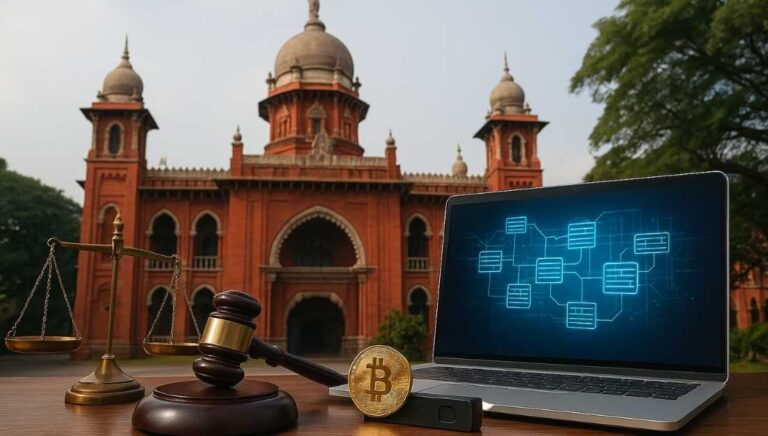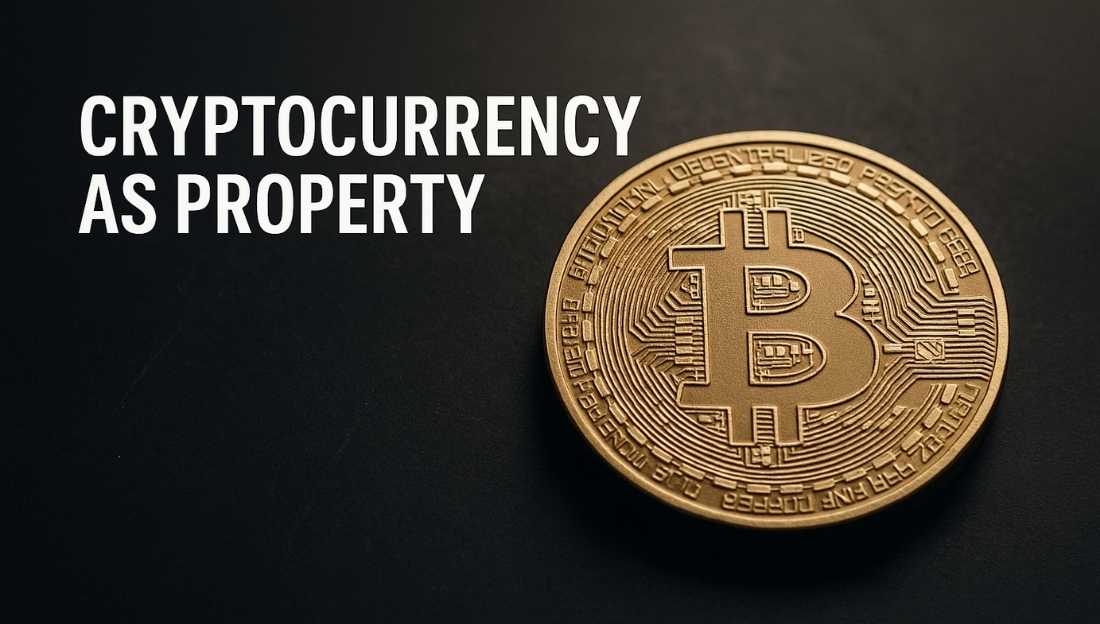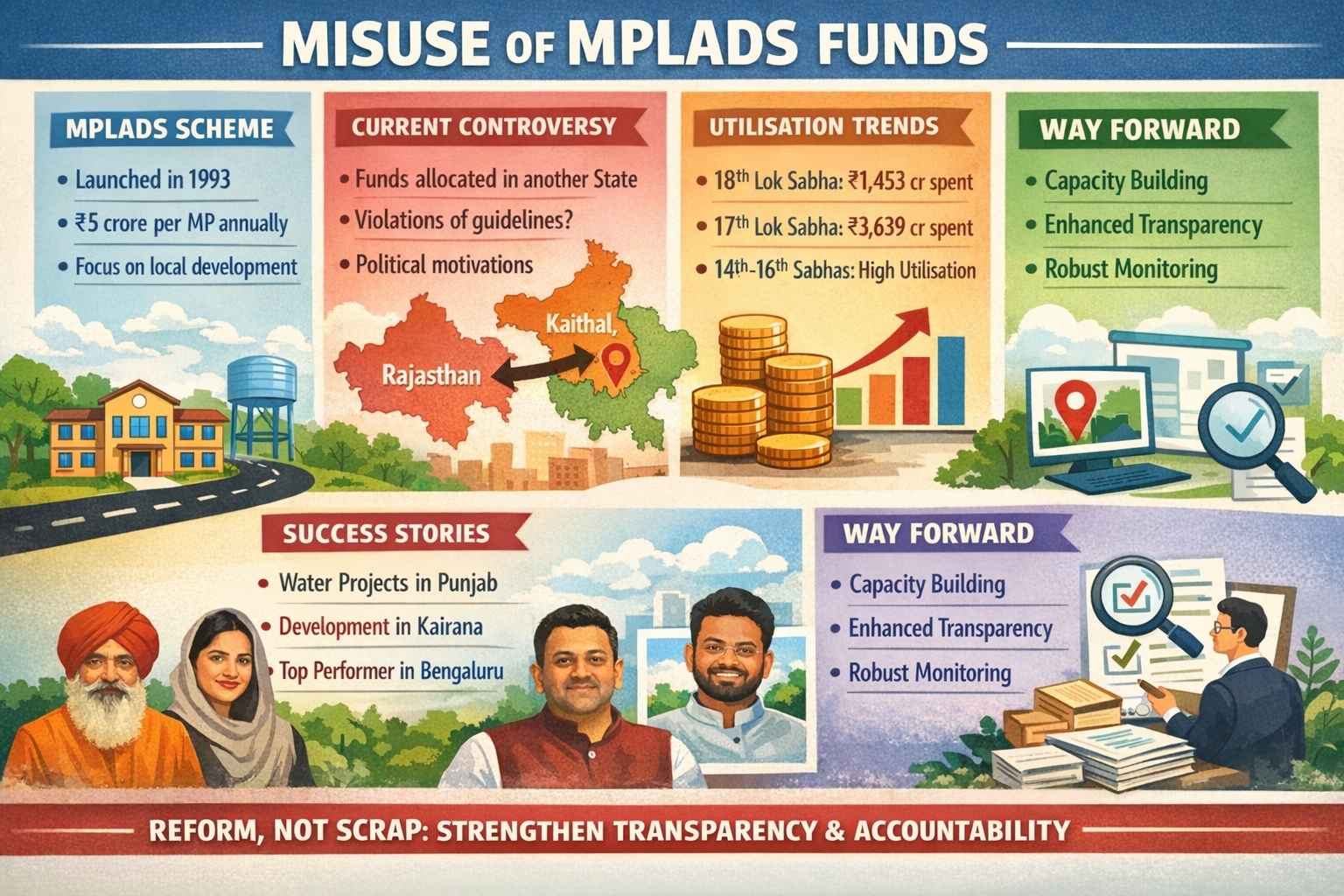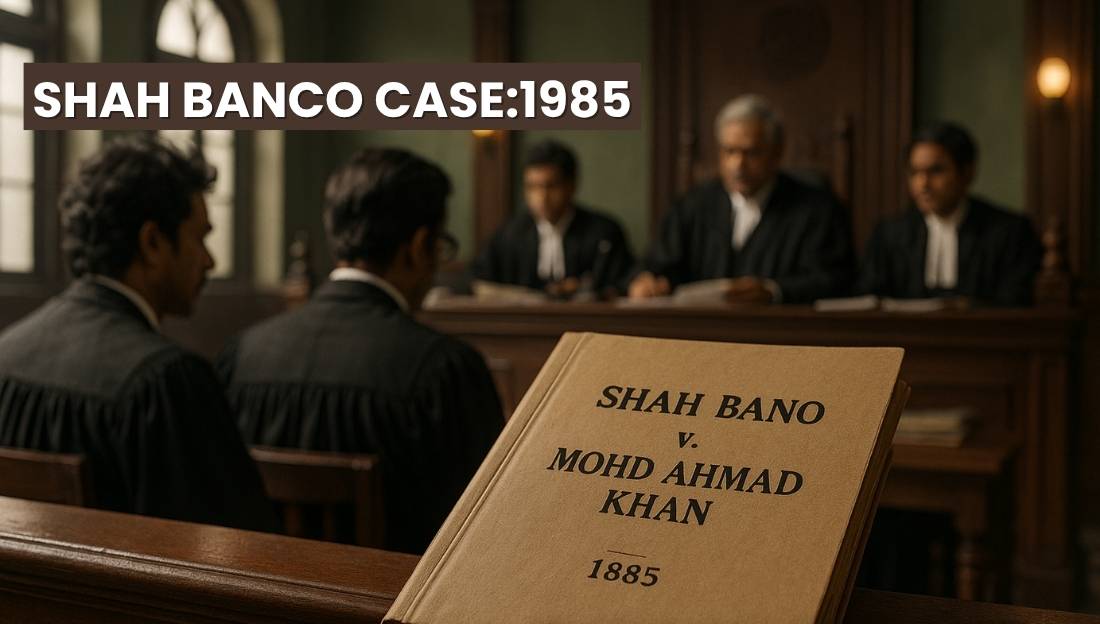In a significant legal development, the Madras High Court has held that cryptocurrency qualifies as “property” under Indian law.
What is Cryptocurrency?
- Cryptocurrency is a digital asset secured by cryptography and built on blockchain technology.
- It is decentralized, meaning it is not controlled by any government or central authority.
- Can function as a medium of exchange, store of value, or speculative investment.
- Examples include Bitcoin, Ethereum, and Ripple (XRP).

Case Summary
- Case: Rhutikumari vs. Zanmai Labs Pvt. Ltd. (WazirX) – Madras High Court, October 2025.
- After a crypto exchange hack, WazirX froze the petitioner’s account even though her assets were unrelated to the theft.
- The petitioner argued that her crypto holdings were her private property, unlawfully restricted.
- The Court ruled that cryptocurrency has ownership attributes—it can be held, transferred, possessed, and monetized—therefore it constitutes property.
- The court ordered the disputed crypto value to be placed in escrow pending arbitration.
Legal Implications
- Recognition of Ownership Rights: Crypto holders now have clear property rights, enforceable in civil disputes.
- Investor Protection: Users can seek legal remedies if exchanges freeze or mishandle assets.
- Accountability of Exchanges: Platforms cannot deny access without lawful basis and due process.
- Insolvency and Bankruptcy: Crypto can now be treated as recoverable assets in liquidation cases.
- Judicial Precedent: Likely to influence future policies on regulation and taxation.
Current Legal Status in India
- Crypto is legal to own and trade, but not legal tender.
- Taxation: Treated as Virtual Digital Asset (VDA) under Finance Act, 2022. 30% tax on gains + 1% TDS on transactions.
- Regulatory Supervision: SEBI oversees investment aspects. FIU-IND ensures compliance under PMLA (2023 extension).
- RBI continues to promote the Digital Rupee (CBDC) as a regulated alternative.
Conclusion
The ruling strengthens legal protection and clarity for cryptocurrency users in India. While crypto remains non-tender, it is now judicially recognized as property, marking an important step in shaping a balanced regulatory framework.
This topic is available in detail on our main website.





